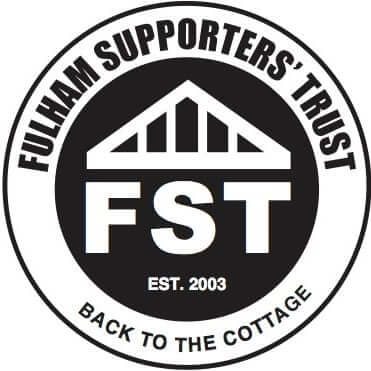The scenes from Gigg Lane on Tuesday evening as the EFL Board confirmed the 134 year old club’s expulsion from the EFL were profoundly sad and shocking to fans, but not a surprise. There, but for the grace of God, could have gone many of their clubs too.
The roll call of crisis clubs in English professional football in recent times includes Blackpool, Portsmouth, Coventry, Charlton, Northampton, Port Vale, Leyton Orient, Macclesfield, Oldham, Gateshead and more,.
In most cases, and certainly those of Bury and Bolton, the roots of the crisis have come from the questionable decisions, dubious approaches or underhand motives of their owners.
As the last few days have demonstrated, football clubs are not like any other business – they are community assets with an historic relationship with their local areas. They deserve better protection than the Leagues themselves can provide. ‘Cliff edge’ decision making isn’t good enough.
There is precious little independent oversight of how football clubs are run. The Leagues are competition organisers and policies are set by members – or club owners as most people would call them. They mark their own homework.
The shortcomings of that model have been laid painfully bare of late. It’s not only a disservice to supporters but the system also lets down the many clubs that are well run and whose owners understand that football clubs are the greatest expressions of community identity in our nation.
The Football Supporters’ Association (FSA) has a detailed set of recommendations for the regulatory reform of English football. These proposals were drafted to prevent crisis situations escalating, avoid the conflicts of interest inherent in self-regulation, while recognising that football club owners have special responsibilities.
Our plans would protect football assets, including the ownership of stadia, and prevent the underhand extraction of money from clubs, while incentivising good practice and assisting clubs with practical support when problems arise.
Importantly, the regulator would have to be independent of those who own the clubs. That could best sit as a responsibility of the Football Association as the guardian of the game, as happens in many other UEFA countries.
In recent months, the FSA has presented these recommendations to the FA Board and engaged the Leagues too, as the starting point towards a more effective approach to football governance.
Until recently, the response from some was to question the need for change given the lack of clubs in administration – the last few days should have shaken that complacency out of the football authorities.
Conflicts of interest within the game must be removed and clubs should be recognised as the unique cultural institutions they are with rules to protect them in similar ways afforded to listed buildings.
This is a wake up call for football. If the FSA’s ideas are adopted by football and change happens, then maybe something positive can be taken from the heart-wrenching events of the last few days. If not, then there will be more Burys.
Tom Greatrex is vice-chair of the Football Supporters’ Association and a supporter representative on the FA Council.
This article was published in The Times newspaper on 29 August 2019.

